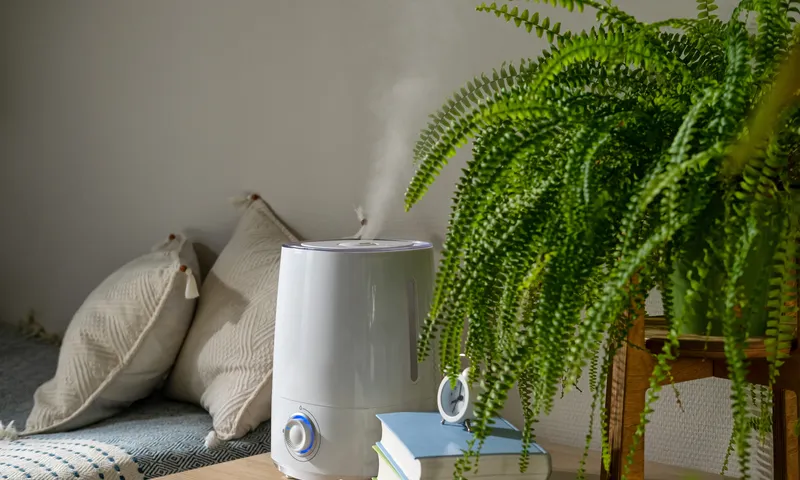Is a Humidifier Good for COPD

If you live with COPD, you’re already aware that seemingly small changes in your lifestyle, routines, or environment can make a big difference in your everyday quality of life. While exposure to strong odours or fumes, a sudden change in temperature, and dehydration may worsen your symptoms, light exercise and keeping indoor air clean may soothe your airways, letting you breathe easier. This may make you wonder: Is a humidifier good for COPD?
This article addresses this question, along with an explanation of what COPD is and proven first-line treatment options for this common and serious illness.
About COPD
COPD is a chronic, progressive lung condition that causes breathing difficulty, including shortness of breath, a chronic cough, wheezing, and chest tightness. It can also lead to frequent respiratory infections, fatigue, a reduced ability to be physically active, hospitalization and an overall lowered quality of life. COPD is an umbrella term for its two main conditions, chronic bronchitis and emphysema. They are caused by exposure to the following:
Cigarette smoke
Air pollution
Dust
Chemical fumes
Smoke from burning wood or coal
COPD symptoms develop since the condition causes inflammation and narrowing in the airways and damages the lung tissue irreversibly. Proper management of this disease is necessary to help patients remain active, protect their mental and overall physical health, and improve their life expectancy.
Is a Humidifier Good for COPD
When used alongside first-line treatments, a humidifier can be good for COPD patients and improve their breathing. This especially applies in dry indoor environments. For example, humidity can help thin and loosen mucus, reduce airway irritation, coughing, airway dryness, and congestion and therefore improve sleep. This is particularly true for cool mist humidifiers, since they are more refreshing and less irritating than warm mist, especially when used overnight.
Although some COPD patients report symptom improvement when using a humidifier, it's essential to keep in mind that the level of effectiveness depends on the individual and on the way the device is handled and maintained. Daily cleaning and using fresh water are crucial to avoid bacteria or mould building up in the device. You should also ensure that the humidity is kept at 30-50%, as excessive moisture can encourage mould, dust mites, and bacteria, which can worsen COPD symptoms.
How to Manage COPD
When managing COPD, medications containing bronchodilators and corticosteroids are common. The former is effective in widening the airways, allowing proper airflow, while the latter reduces inflammation. Examples of effective COPD medications are Advair Diskus or Breo Ellipta. If these are not sufficient, you may require oxygen therapy (supplemental oxygen) to prevent your blood oxygen levels from dipping too low.
In addition to these medications, the following can also be beneficial:
Physical exercise
Breathing techniques
Quitting smoking
Avoiding air pollution
Proper hydration
Healthy diet
Although COPD cannot be cured, an effective combination of medications and lifestyle adjustments can help control your lung function and improve your overall health and quality of life significantly.
IMPORTANT NOTE: The above information is intended to increase awareness of health information and does not suggest treatment or diagnosis. This information is not a substitute for individual medical attention and should not be construed to indicate that use of the drug is safe, appropriate, or effective for you. See your health care professional for medical advice and treatment.


